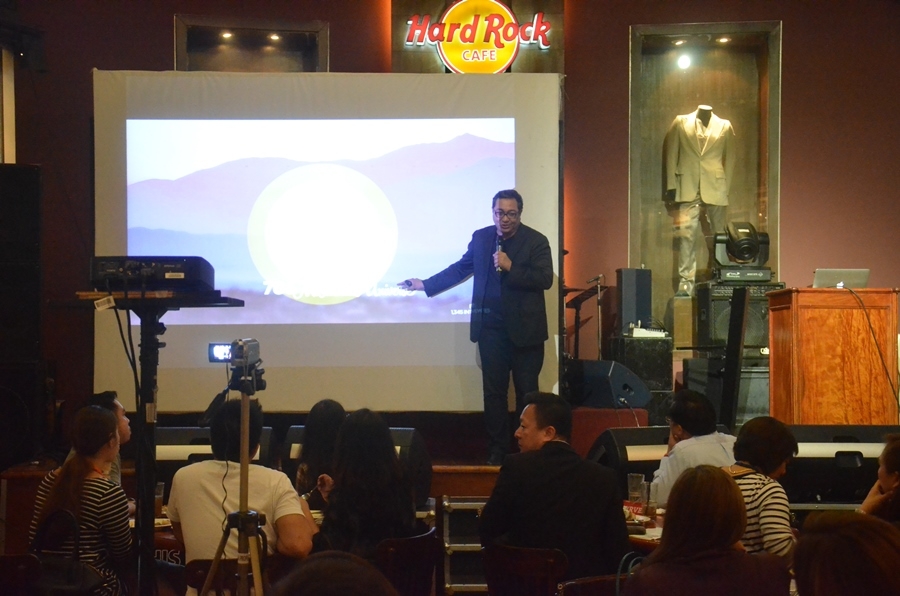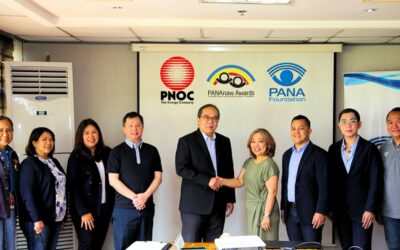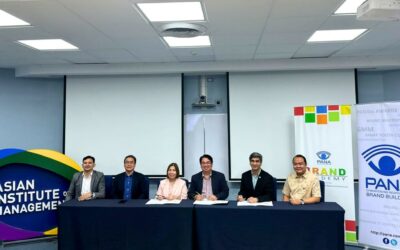
They are socially connected via multiple devices, and are in some instances bordering on the obsessed with social media, as with selfies.
Yet millennials are also the generation that gave rise to movements such as the Arab Spring and Occupy Wall Street. They came in hordes to volunteer aid in the relief effort for Typhoon Haiyan.
In the Philippines, one-third of the population is made up of millennials who are 15 to 35 years old.
Jos Ortega, chairman and CEO of Havas Media Ortega, where in-house anthropologists study millennials through engagement and conversation, shares some of what drives the value system and motivations of today’s millennial.
“I want to do things on my own terms,” he quotes the basic premise of millennial decision-making.
“So whatever decision that is, it must be my own – not influenced by anyone. If I fail, based on that decision, okay lang. Decision ko yan eh. I accept it and I’ll learn from it.”
“The worst thing that you can tell a millennial is ‘you cannot do it’”, he continues.
“To them, that is violating the very being of what they stand for. They want, and they must, find out things for themselves. They appreciate advice, and they appreciate encouragement, and they appreciate leads and they appreciate guides.”
Where better to learn according to one’s own terms than online, from one’s peers. YouTube is now the most popular search tool for its cornucopia of tutorials and how-tos.
“A career for millennials is a journey of self-discovery,” Mr. Ortega further explores.
The previous generation may move from two to three jobs in their lifetime, starting at the bottom and working their way up the ranks in the same company, maybe hoping to become company president one day.
“For millennials, each job is something that they like and is something that they want to do at that particular point in time of their life because they’re interested,” says Mr. Ortega.
“Now if there is another job that interests them, that might not even have anything to do with what they’re doing right now, okay lang.”
It’s not unusual anymore to see someone achieve a manager position only to leave his job to study to become a chef, open a restaurant but then decide to pursue another field and finally settle on something completely unrelated like IT.
“Our job then as marketers is that our brands must provide thoughts and ideas that will provide meaning for these people,” Mr. Ortega says.
“We have to inspire them. We have to give them something meaningful.”
The millennial identity is characterized by different layers. There are different versions of themselves depending on what they want to show the world.
“What you’re seeing today when you meet a millennial on one occasion is not the whole being,” explains Mr. Ortega.
“Who they are on Facebook may not necessarily be the same as who they are on Instagram as who they are in real life and who they are on Twitter. Getting to know them is not that easy because you’re only seeing one aspect based on the touch point that you have encountered with them.”
So perhaps brands should move beyond the hard selling and engage in conversation, getting to know millennials layer by layer, medium by medium.
Last year, Max’s Restaurant launched #pusotothemax on social media to support Gilas Pilipinas in the FIBA World Cup. The proudly Filipino brand took a break from product posts to spread nationalism and Pinoy pride in the Gilas team by inspiring through words and images in social media.
The entire nation took to #pusotothemax, rallying Gilas through social media and inspiring Filipinos to celebrate modern day heroism. Product selling gave way to real connection and shared experiences in one important moment in history.
Interestingly, the millennial integrity dictates that integrity comes from people with whom millennials have shared experience, not from position or persons of authority.
“Pareho ang pinanggalingan namin” Mr. Ortega describes a shared experience.
“As a brand, you create a shared experience by being authentic – being you. You cannot force yourself on others and you cannot be who you are not, because they can smell you a mile away if you’re not being authentic.”
For all the good and bad that have been said about millennials, they are the future leaders of the Philippines – in business, in government and in society. They are people still searching, still on a journey to find themselves. The best today’s leaders can do is offer guidance. Give them no choice but to be inspired, and lead them in the right direction, so they can continue to organize revolutions that lead to change and, hopefully, a better world.
[nggallery id=403]



